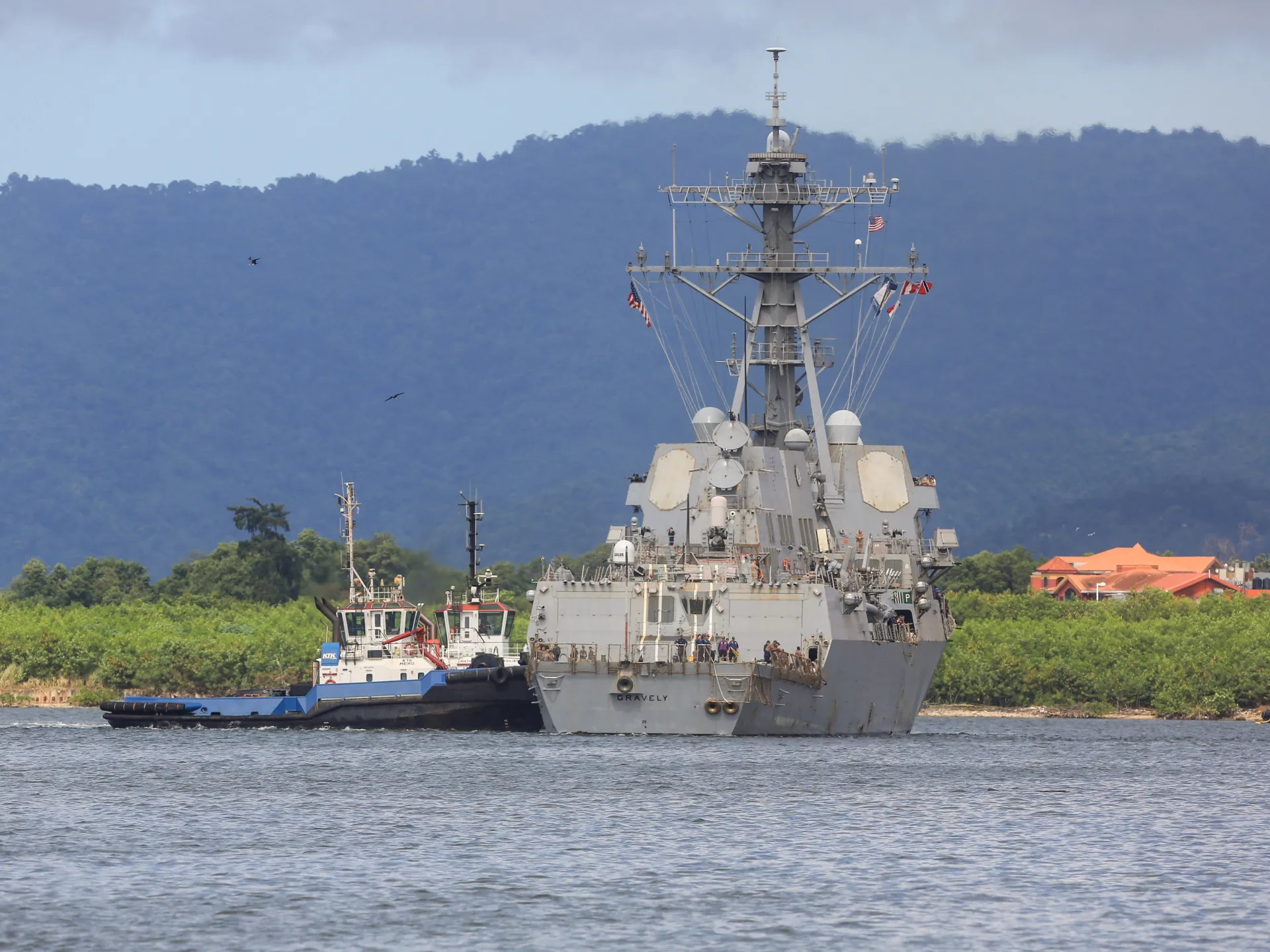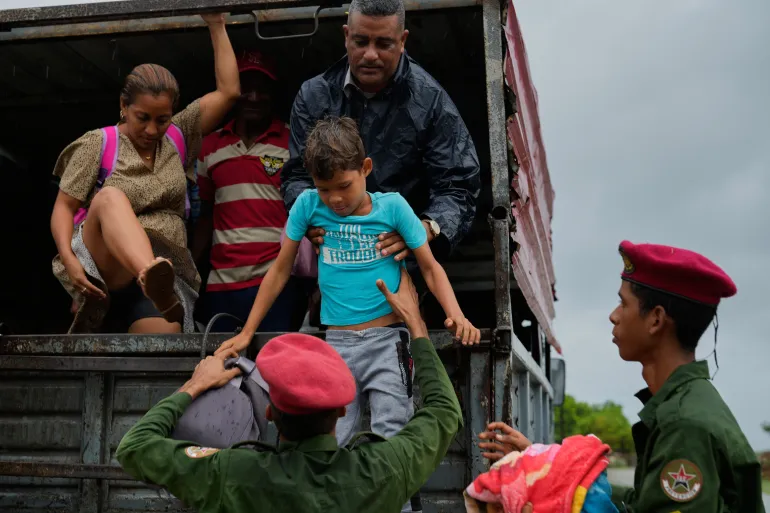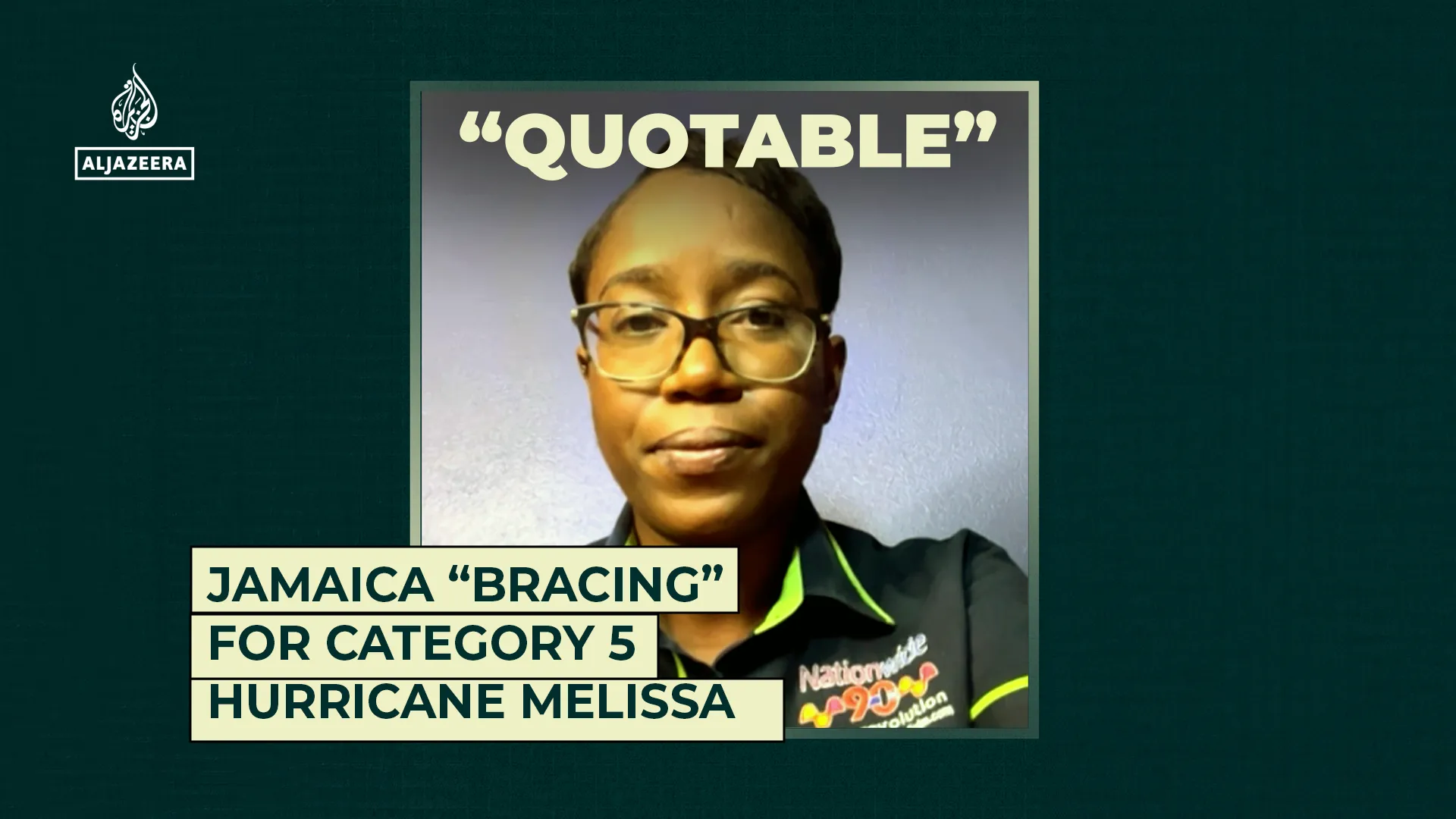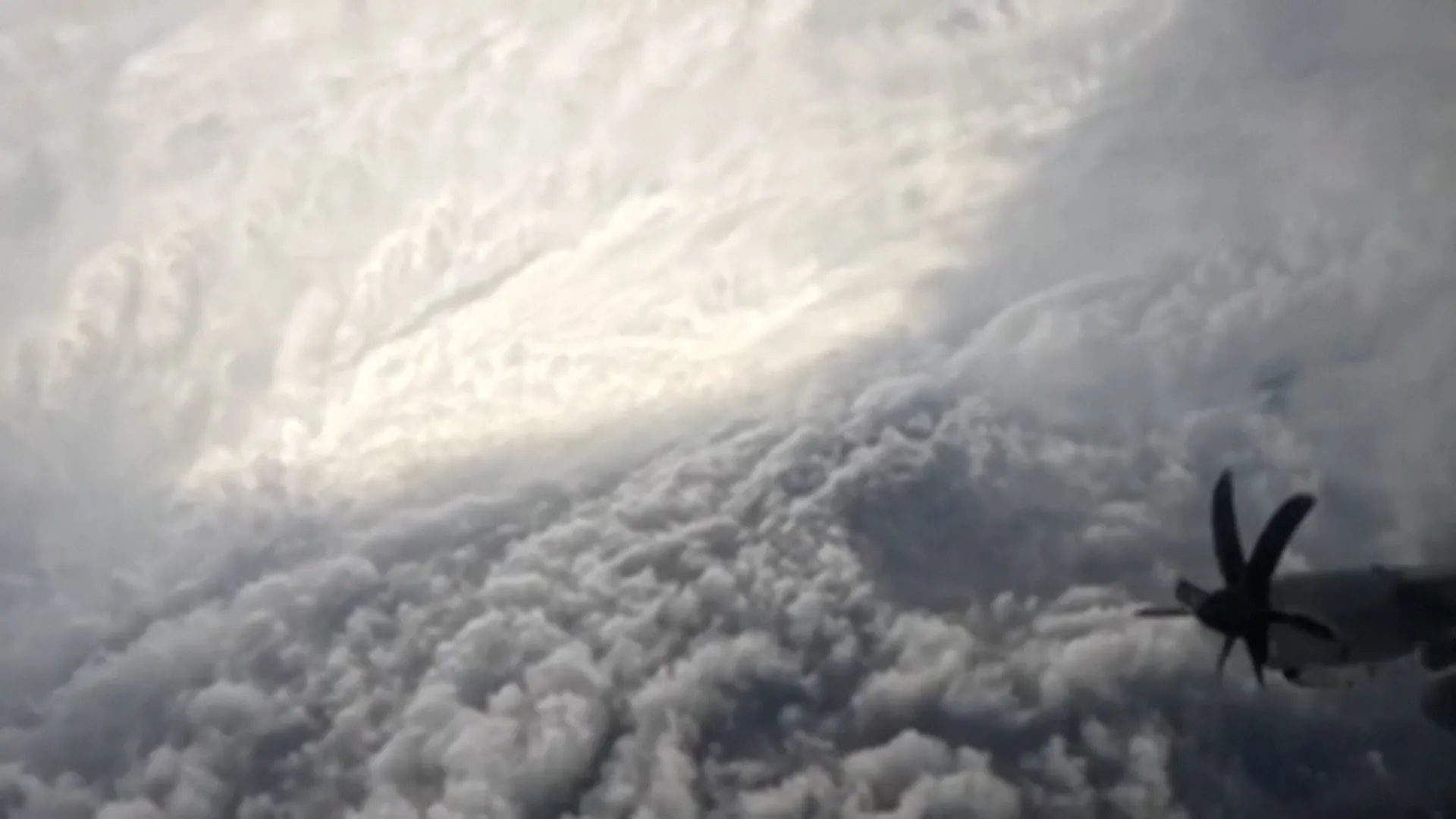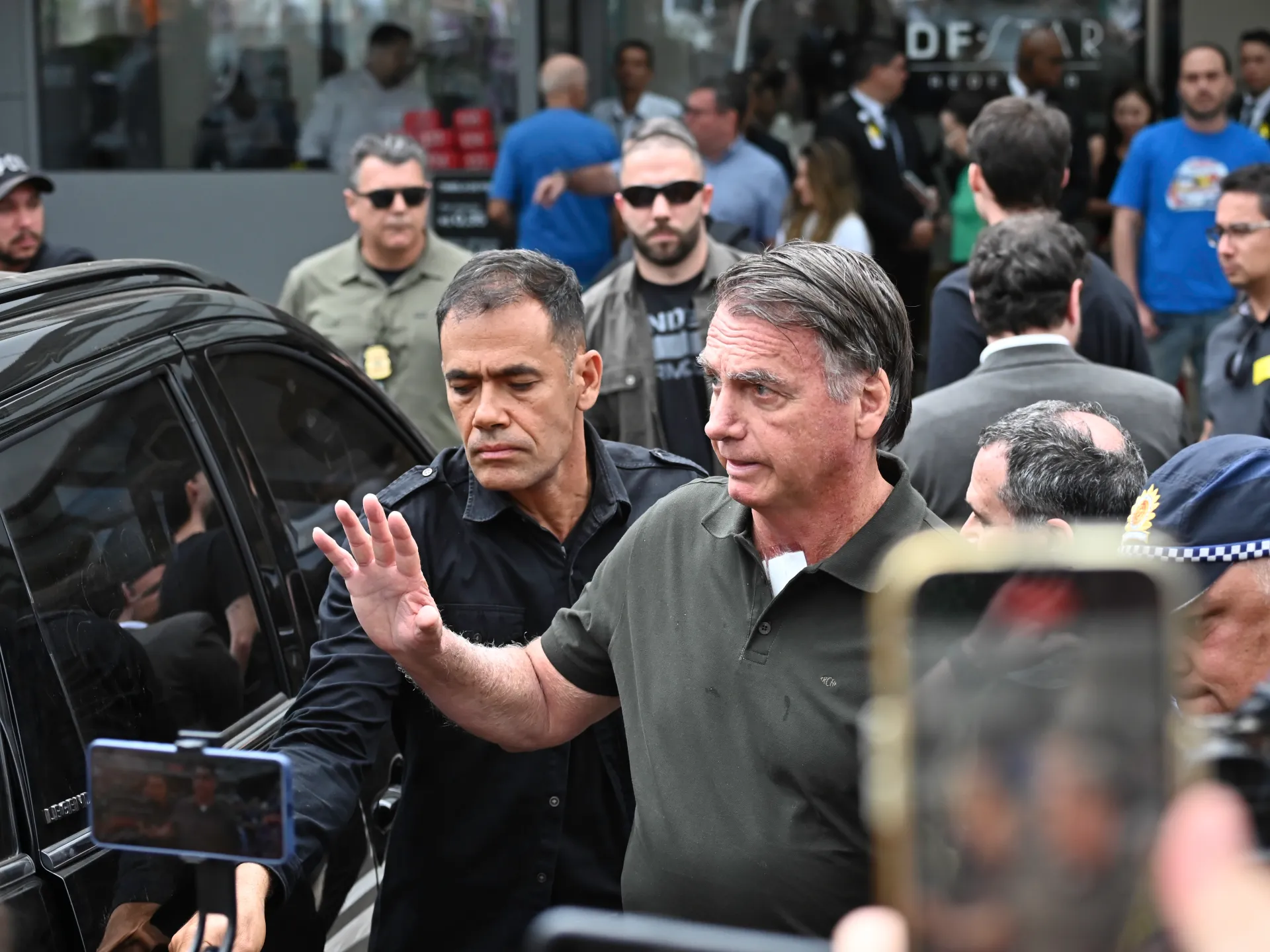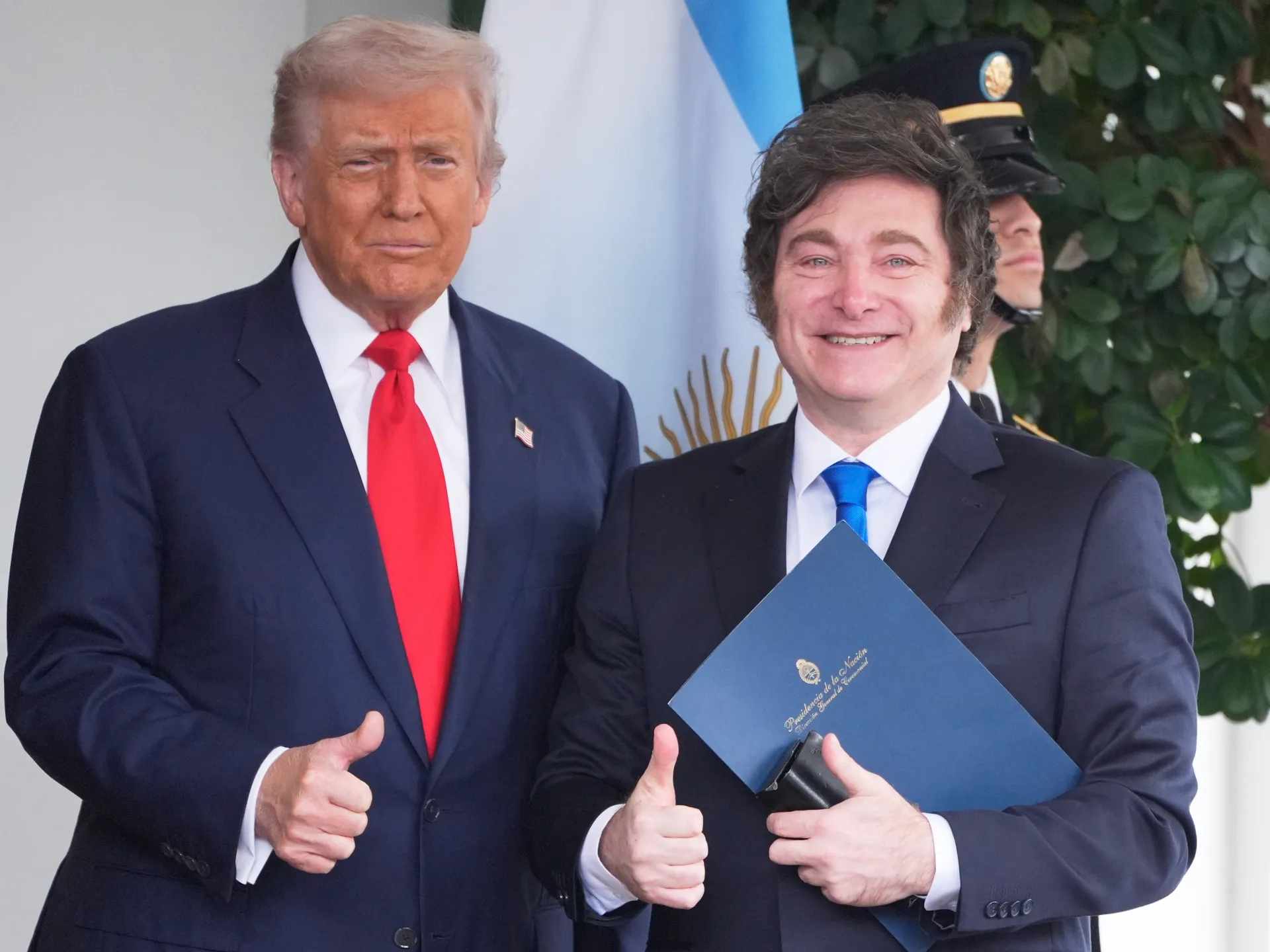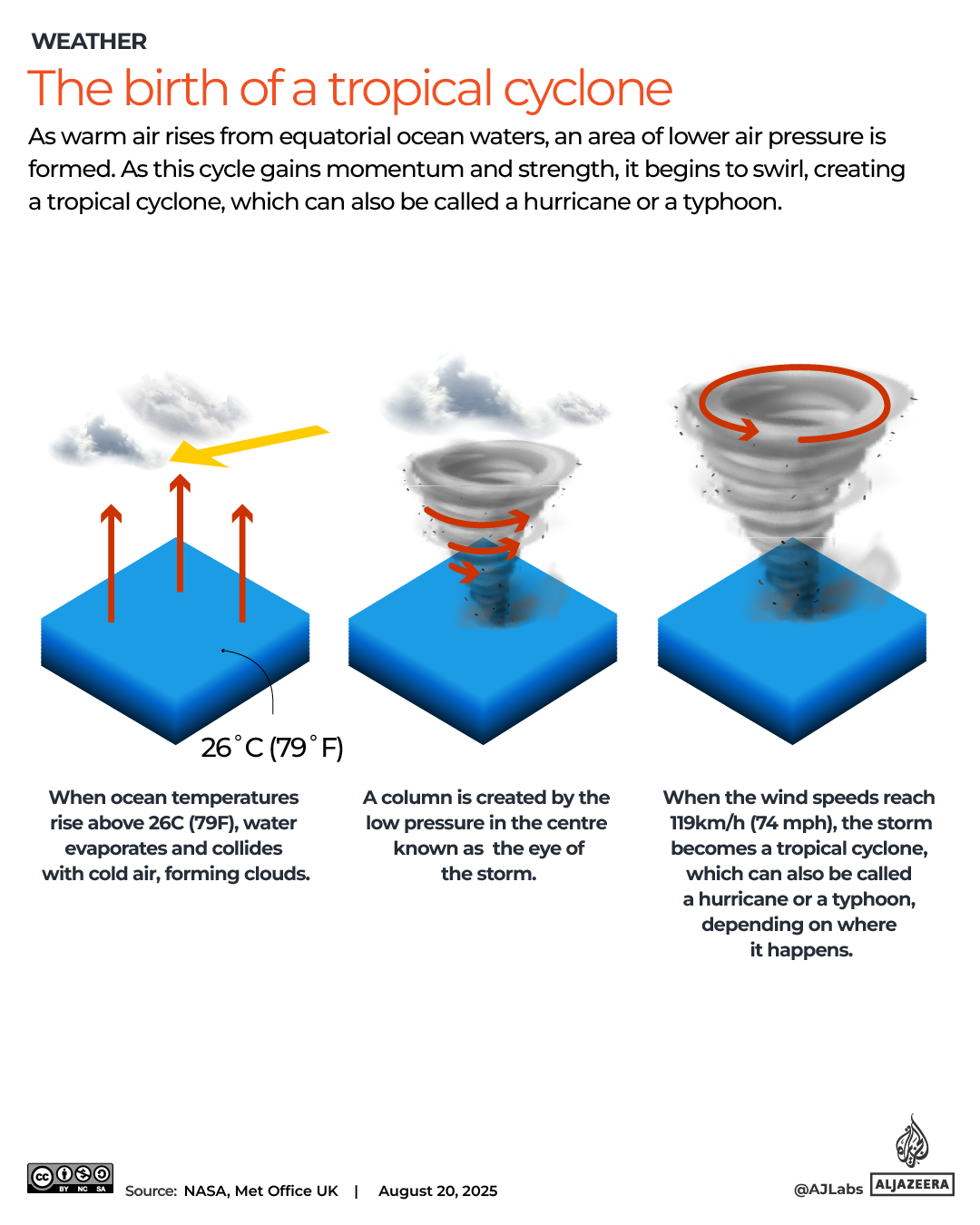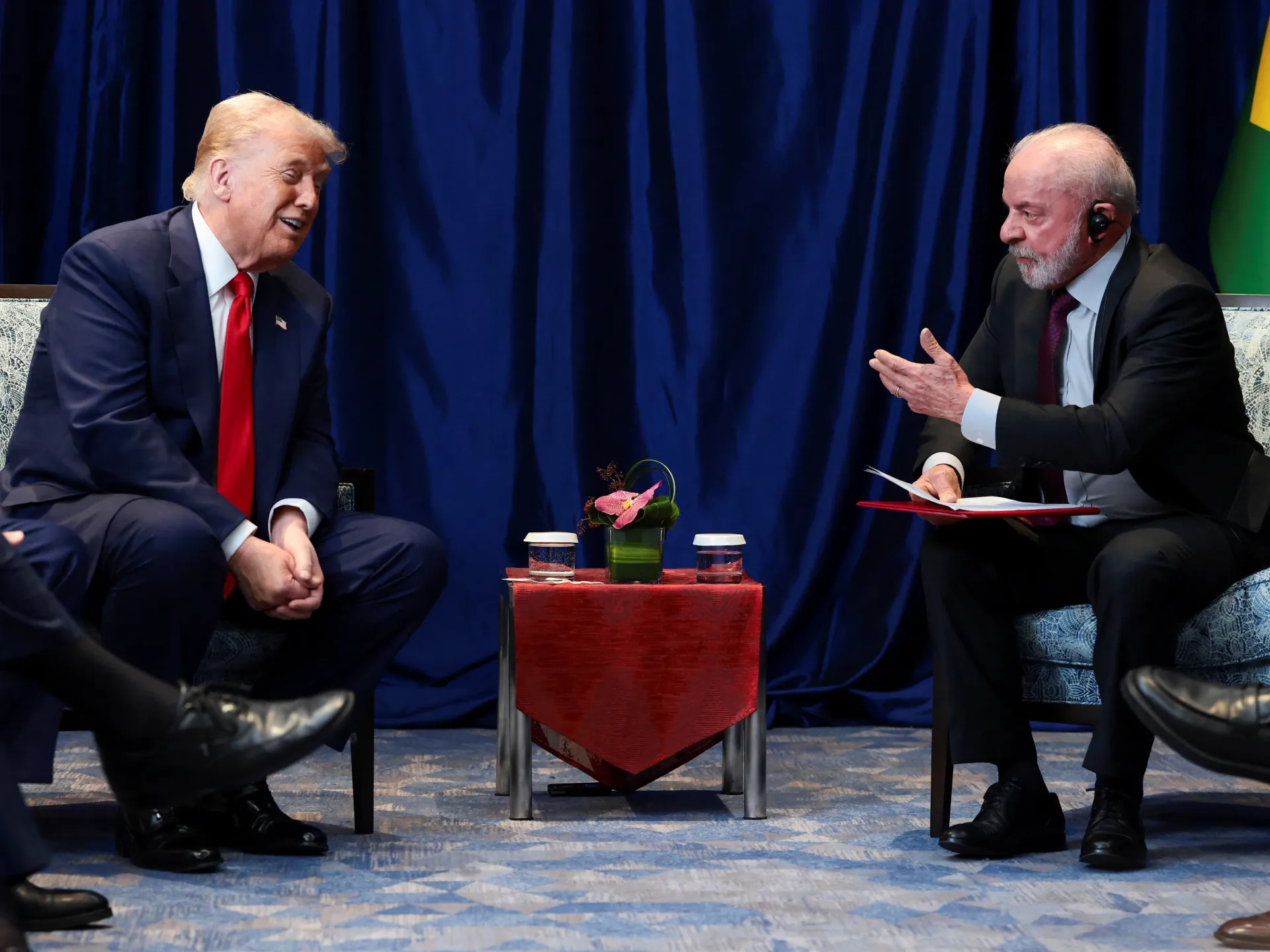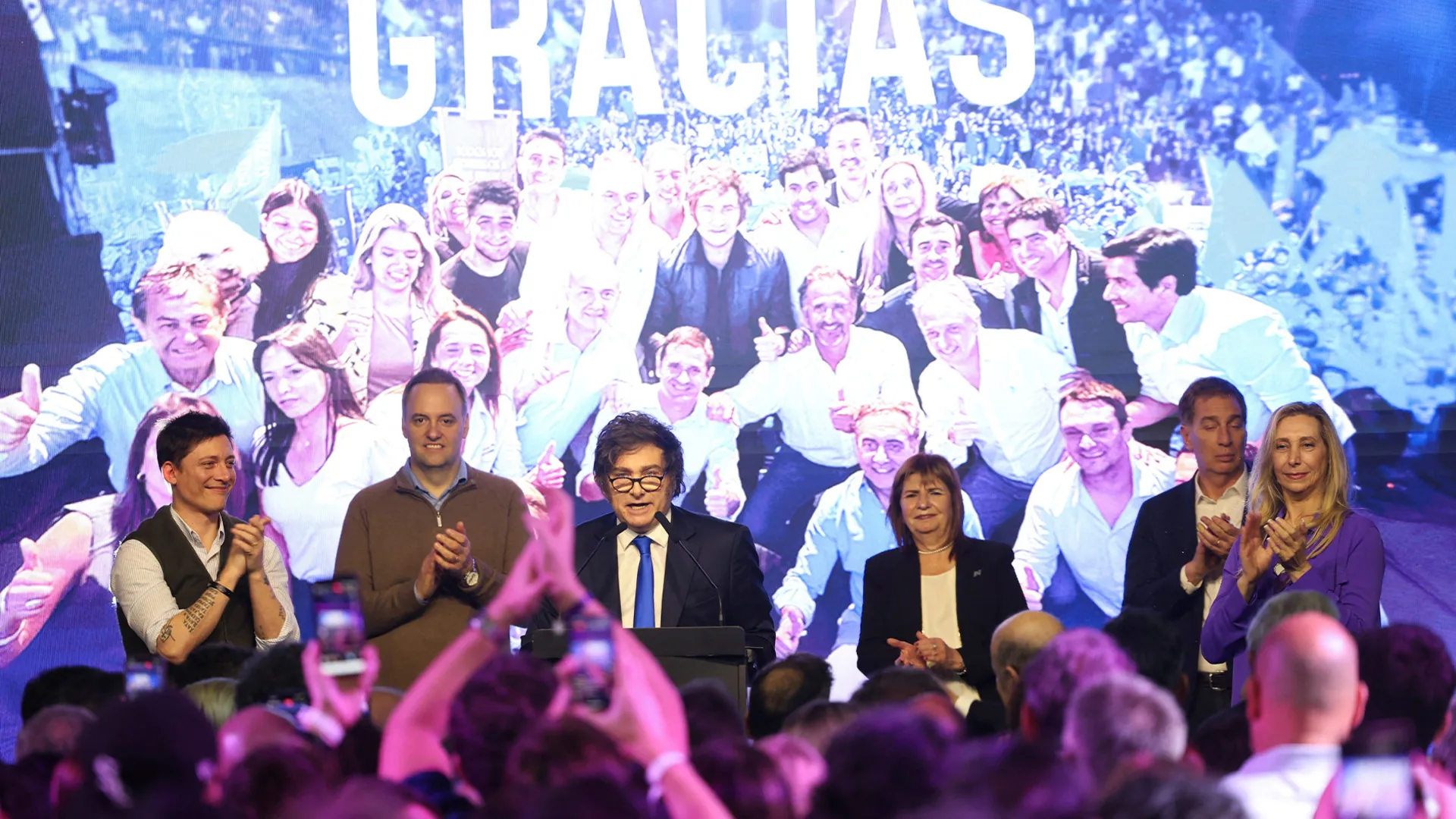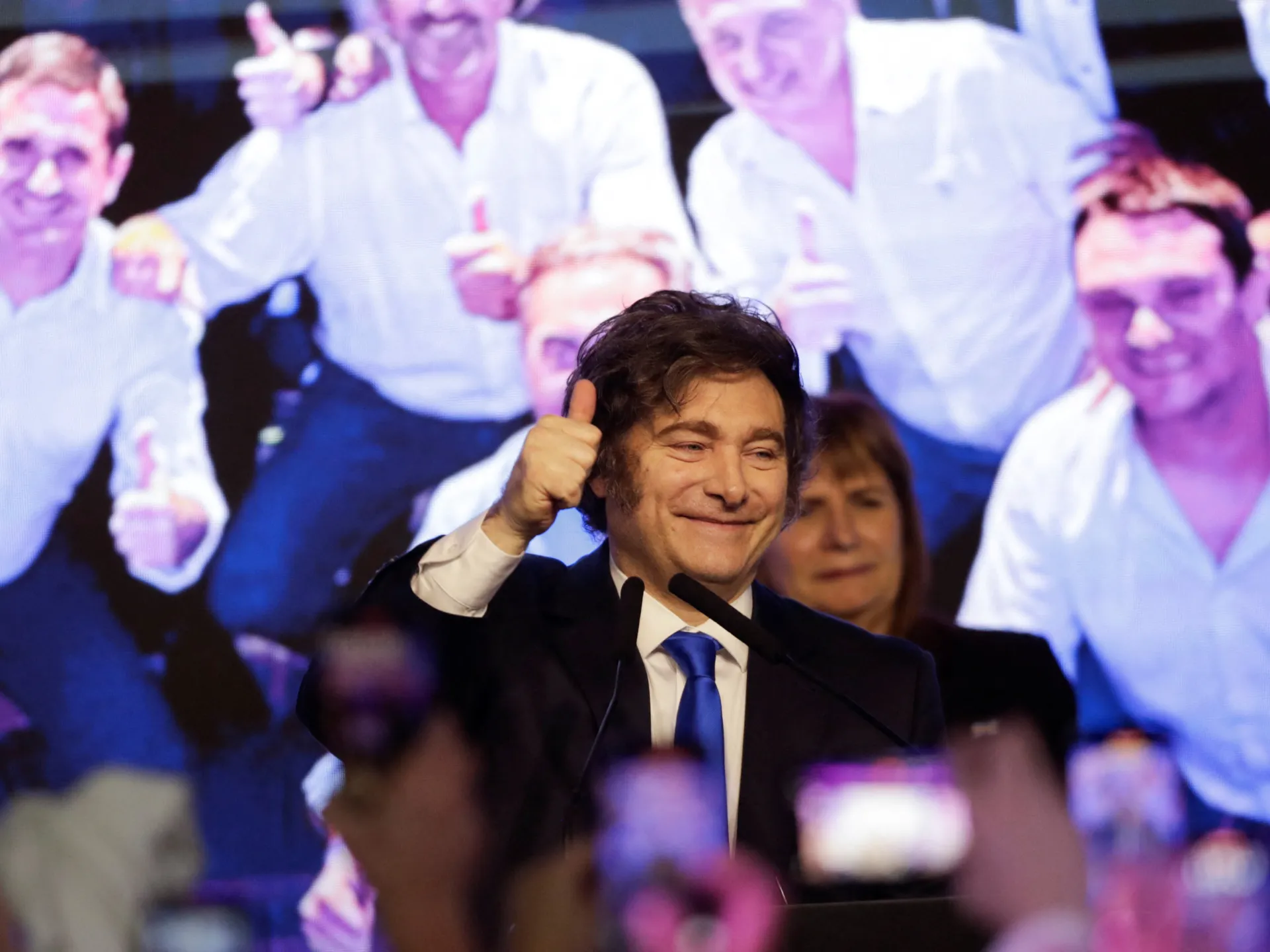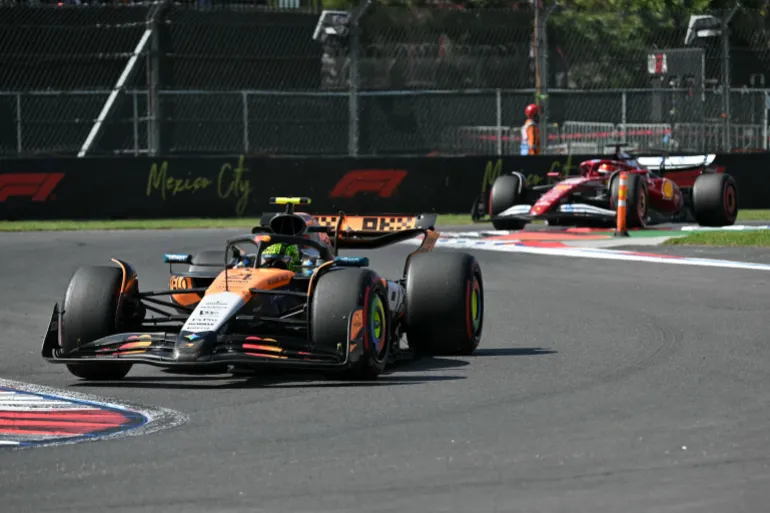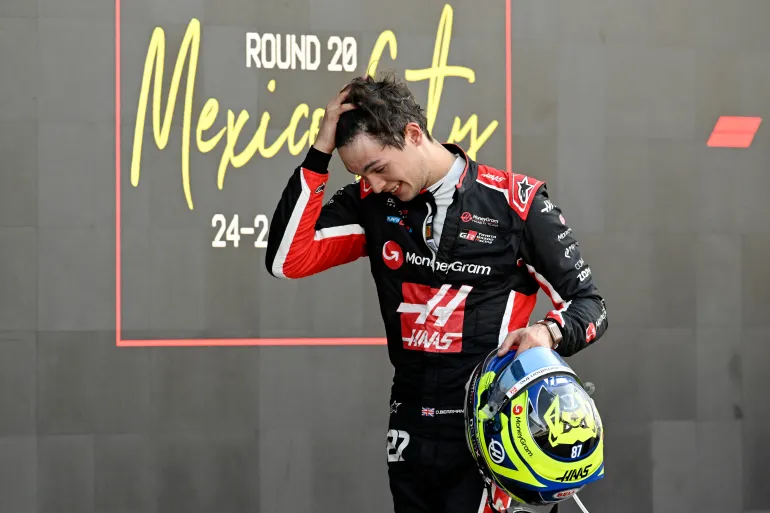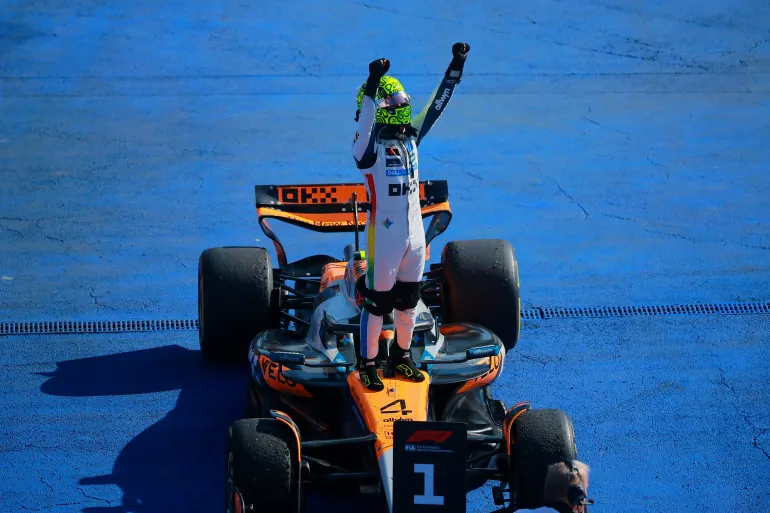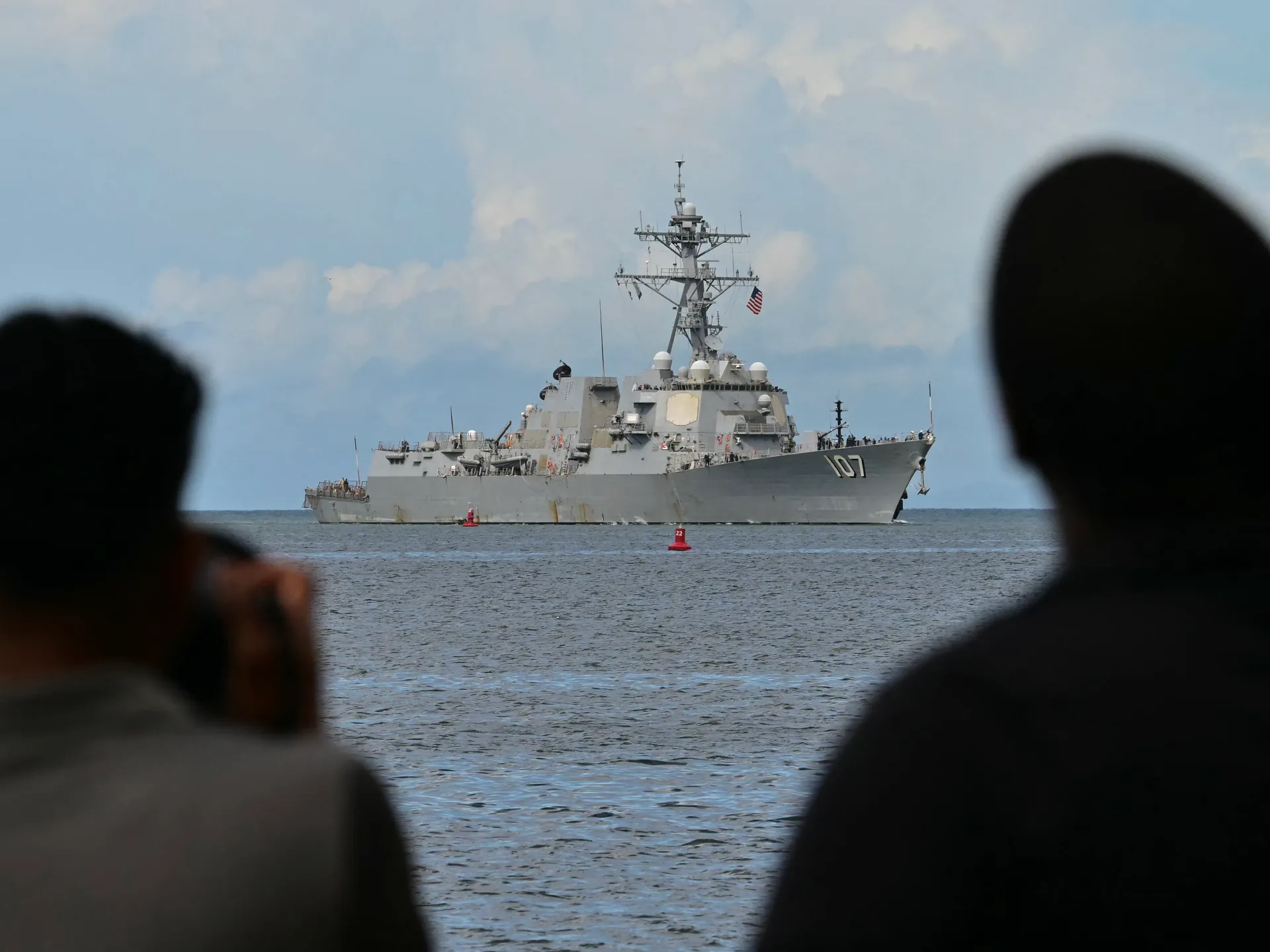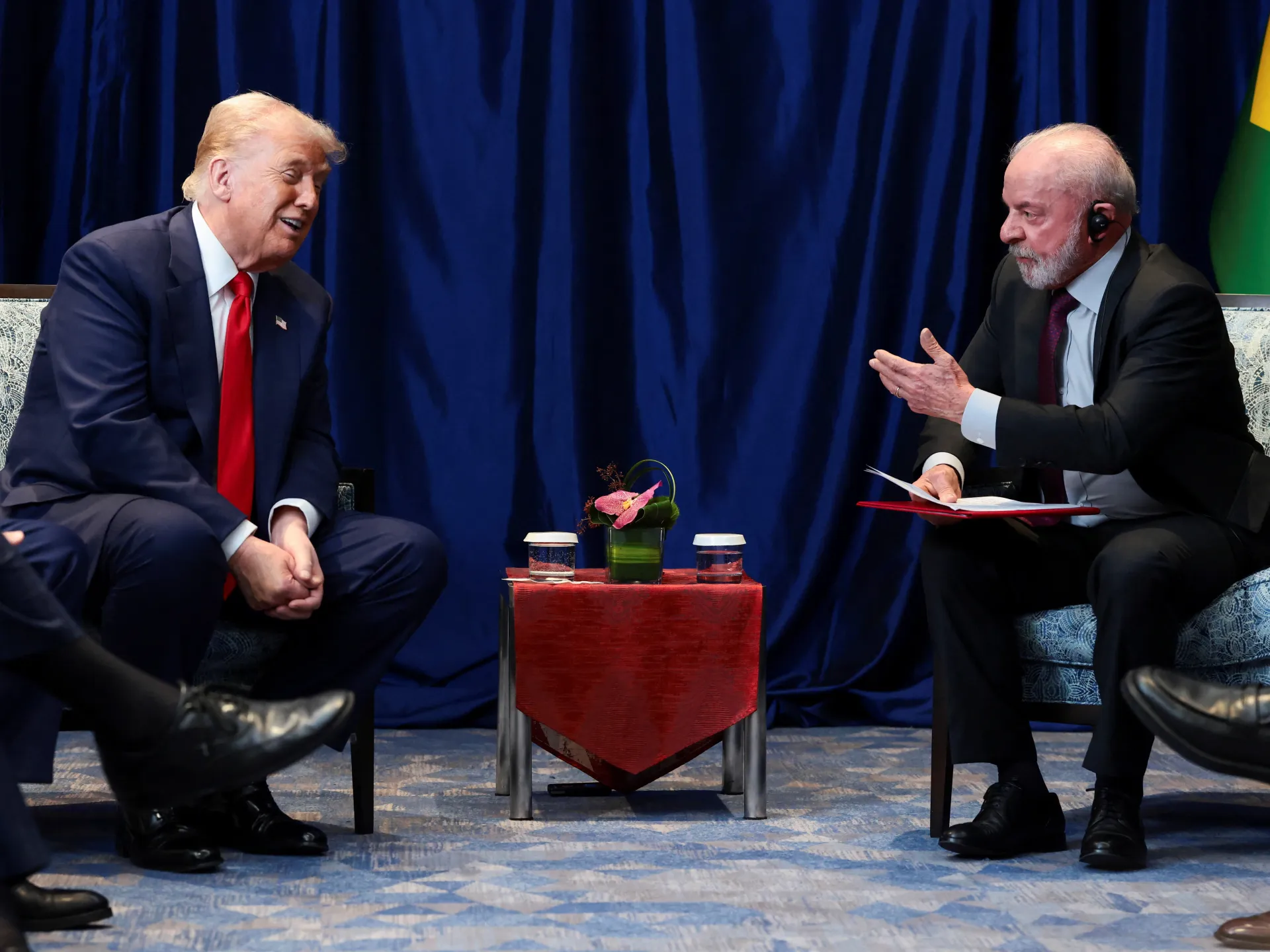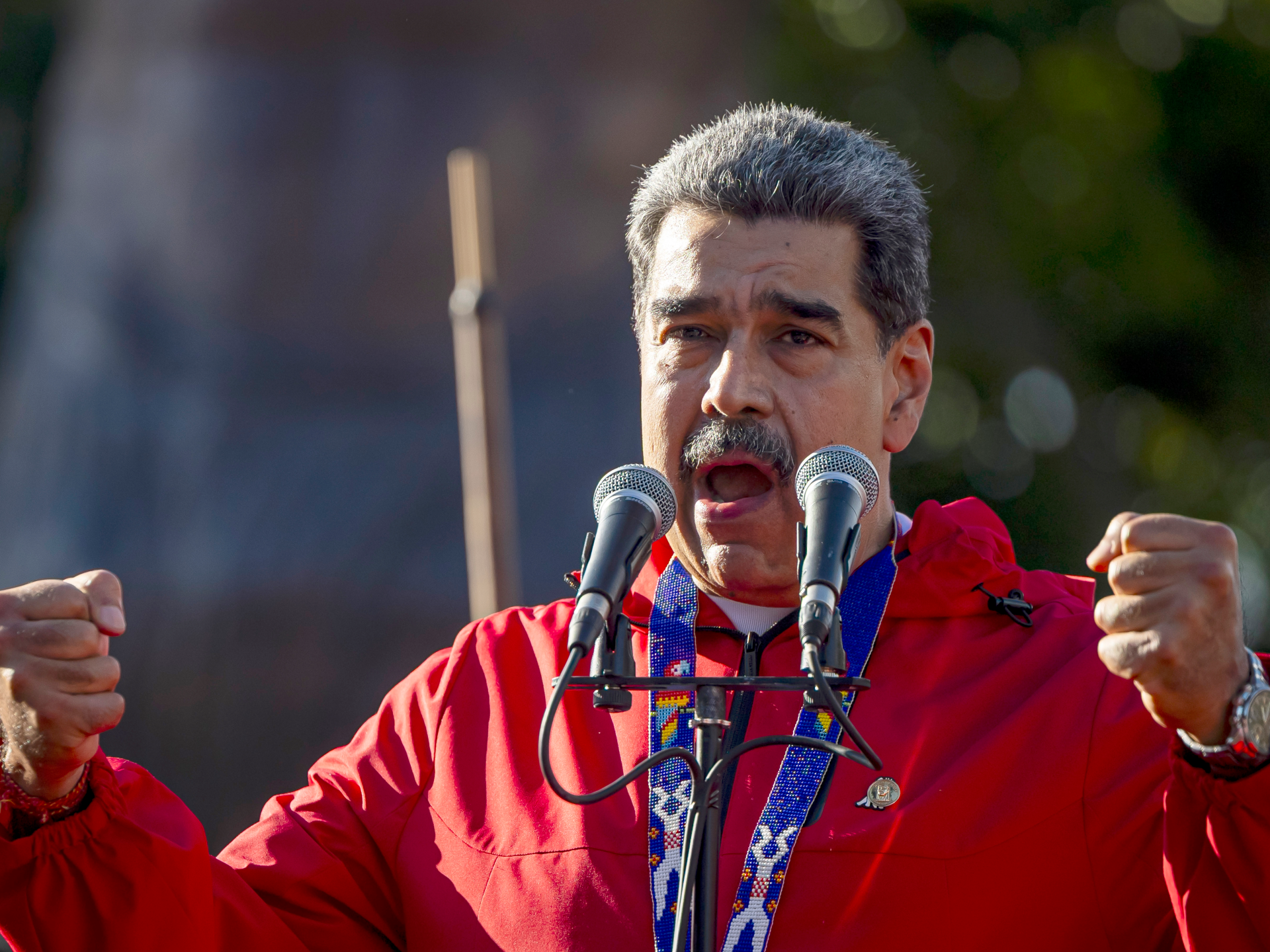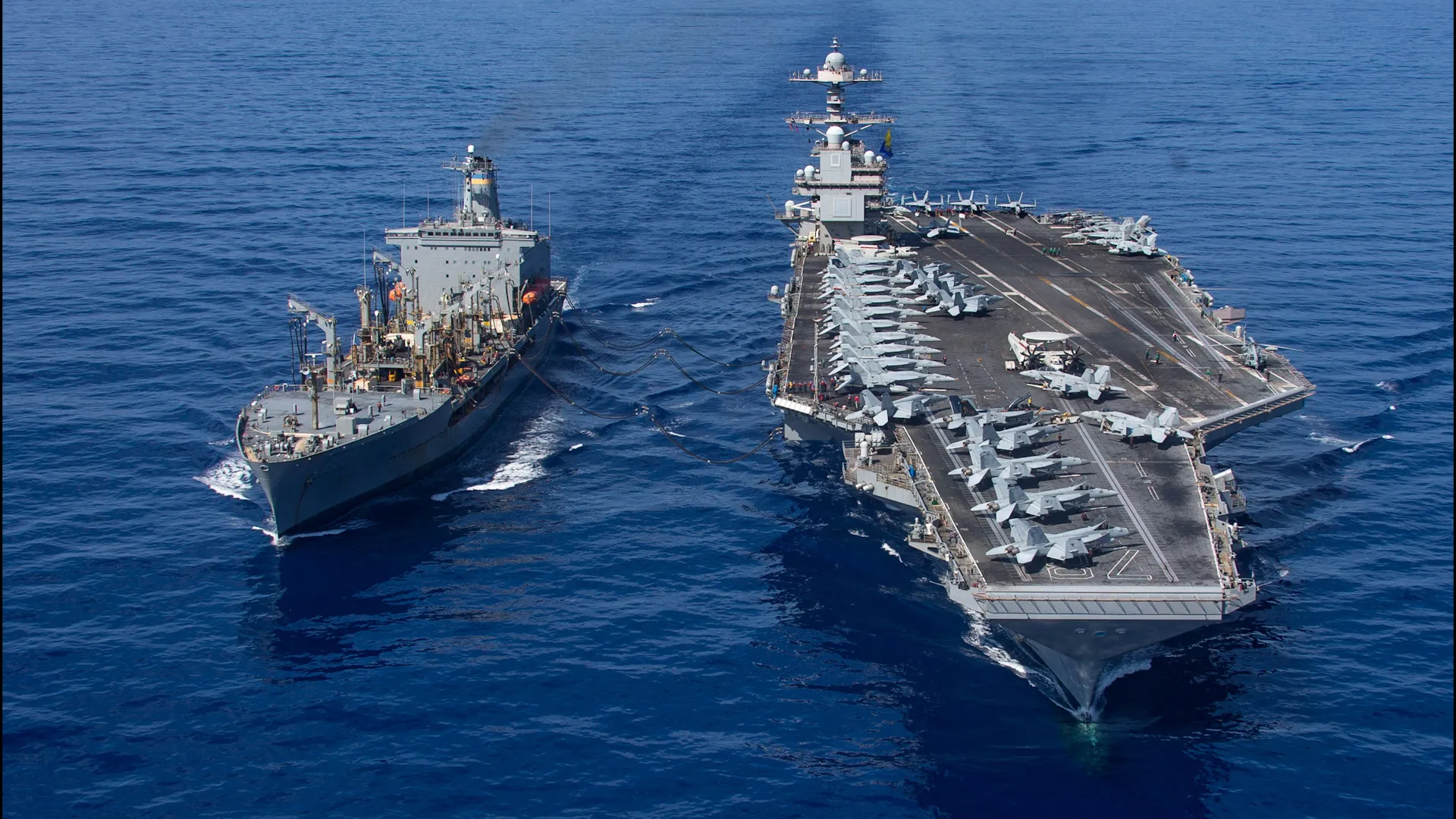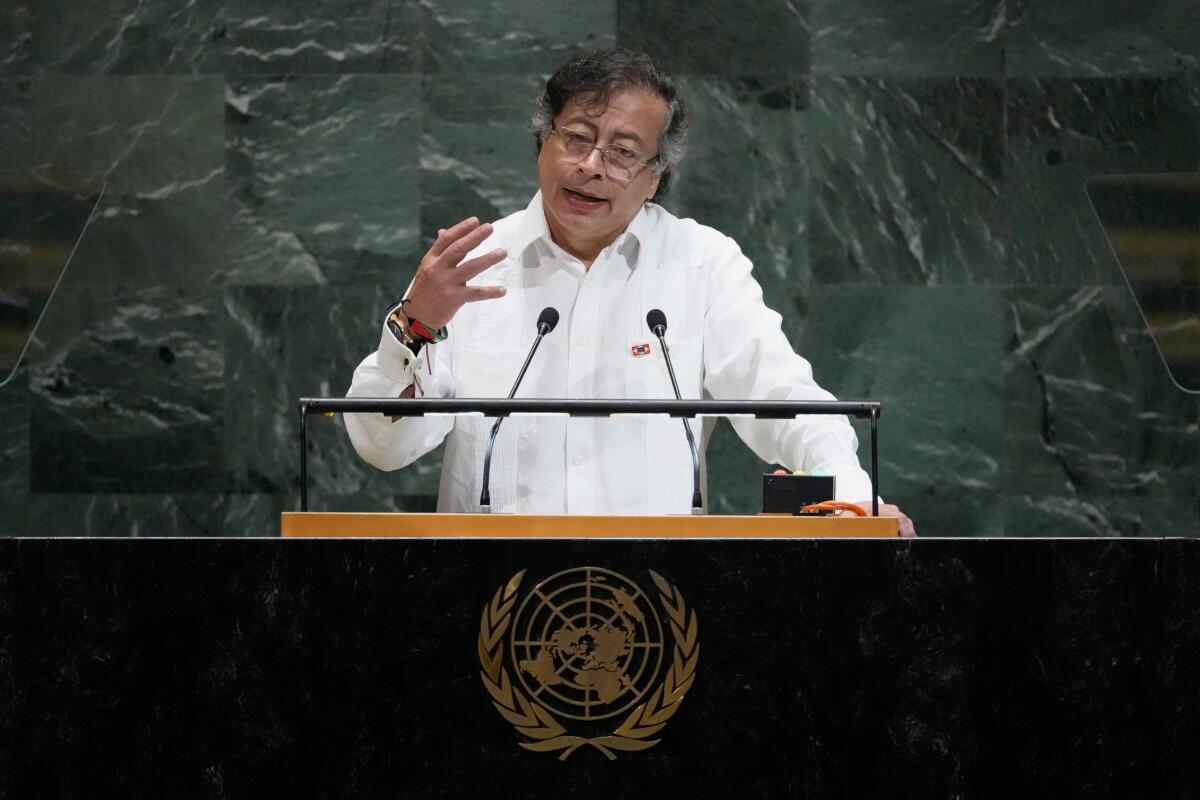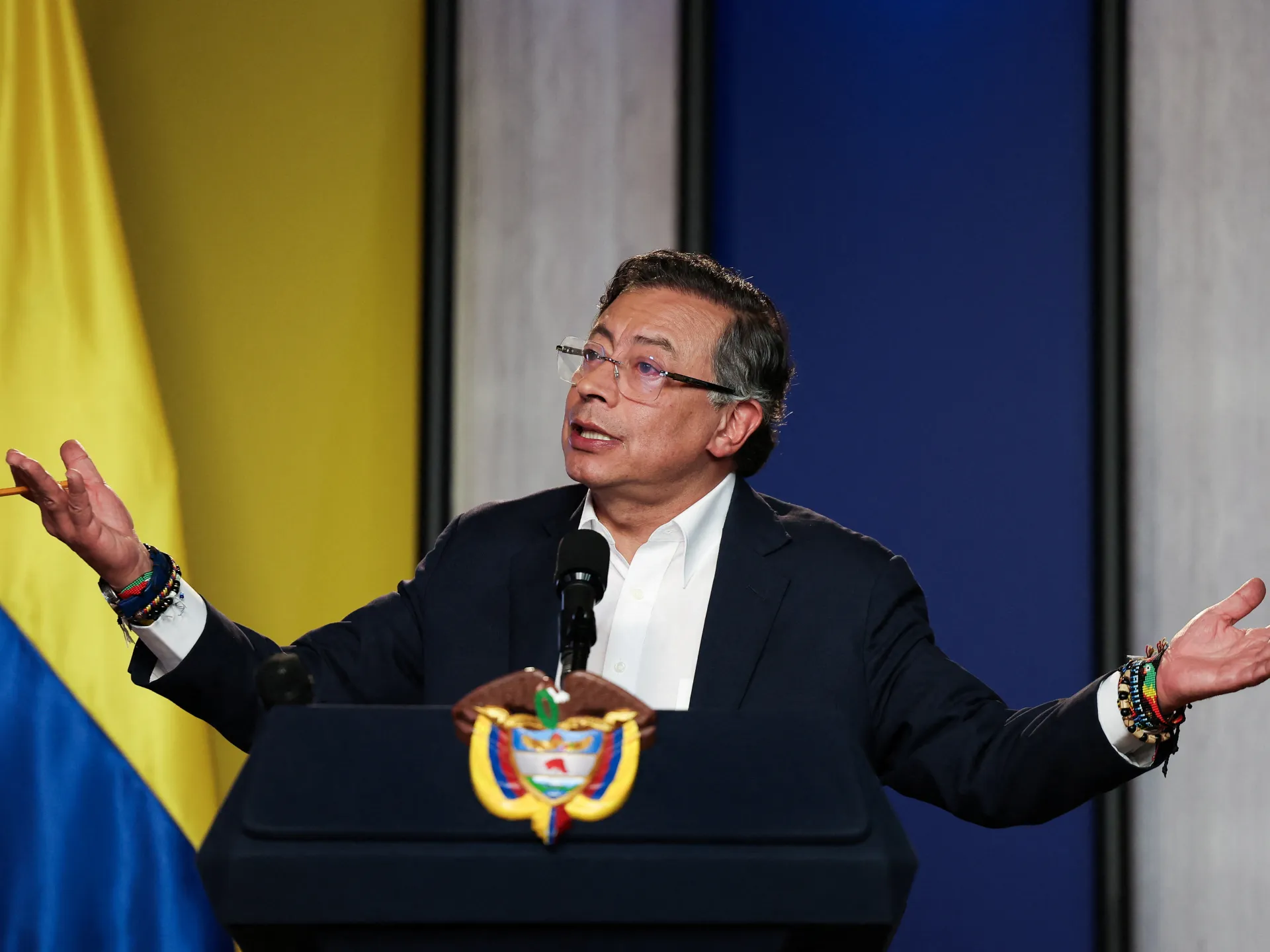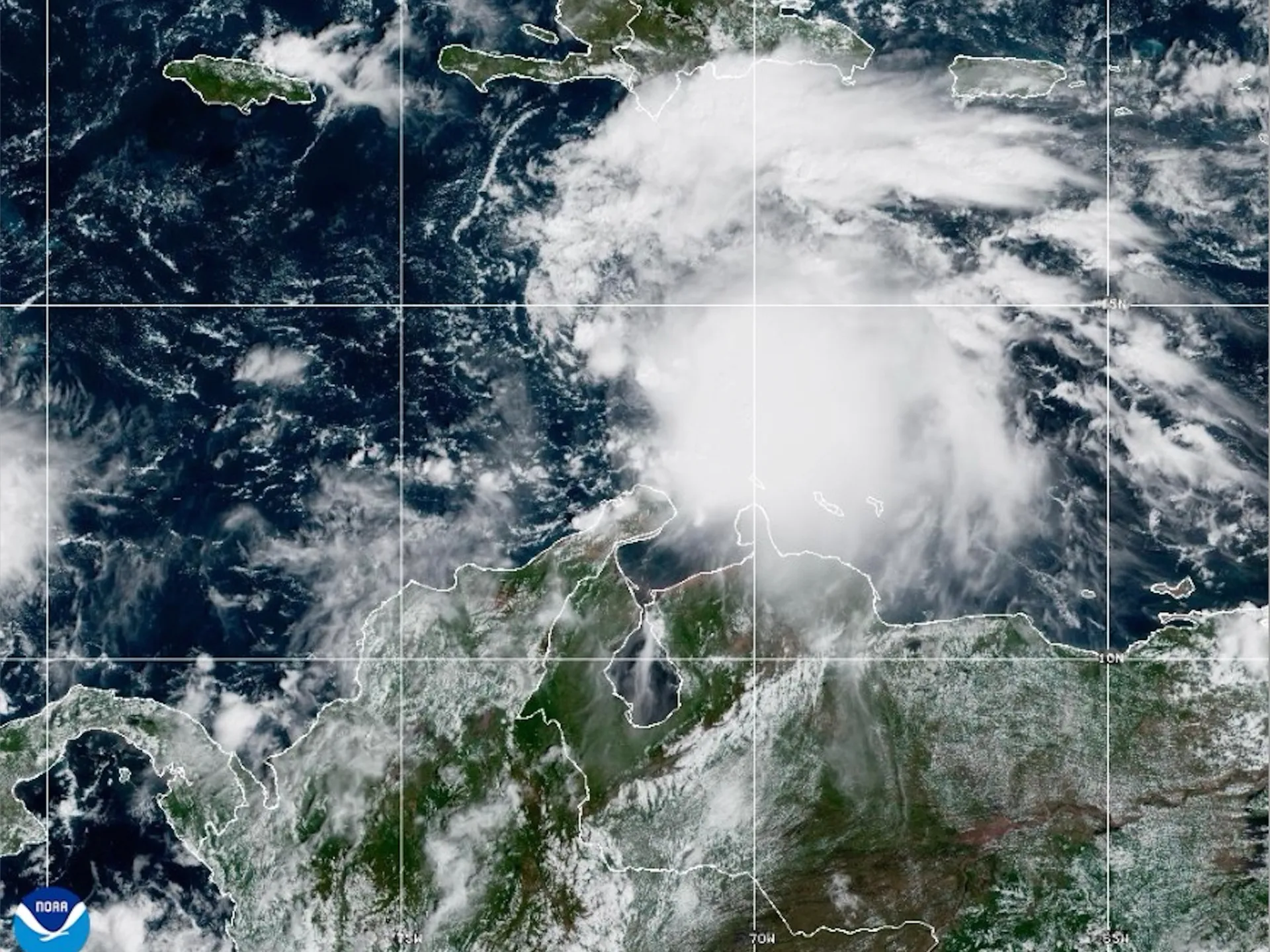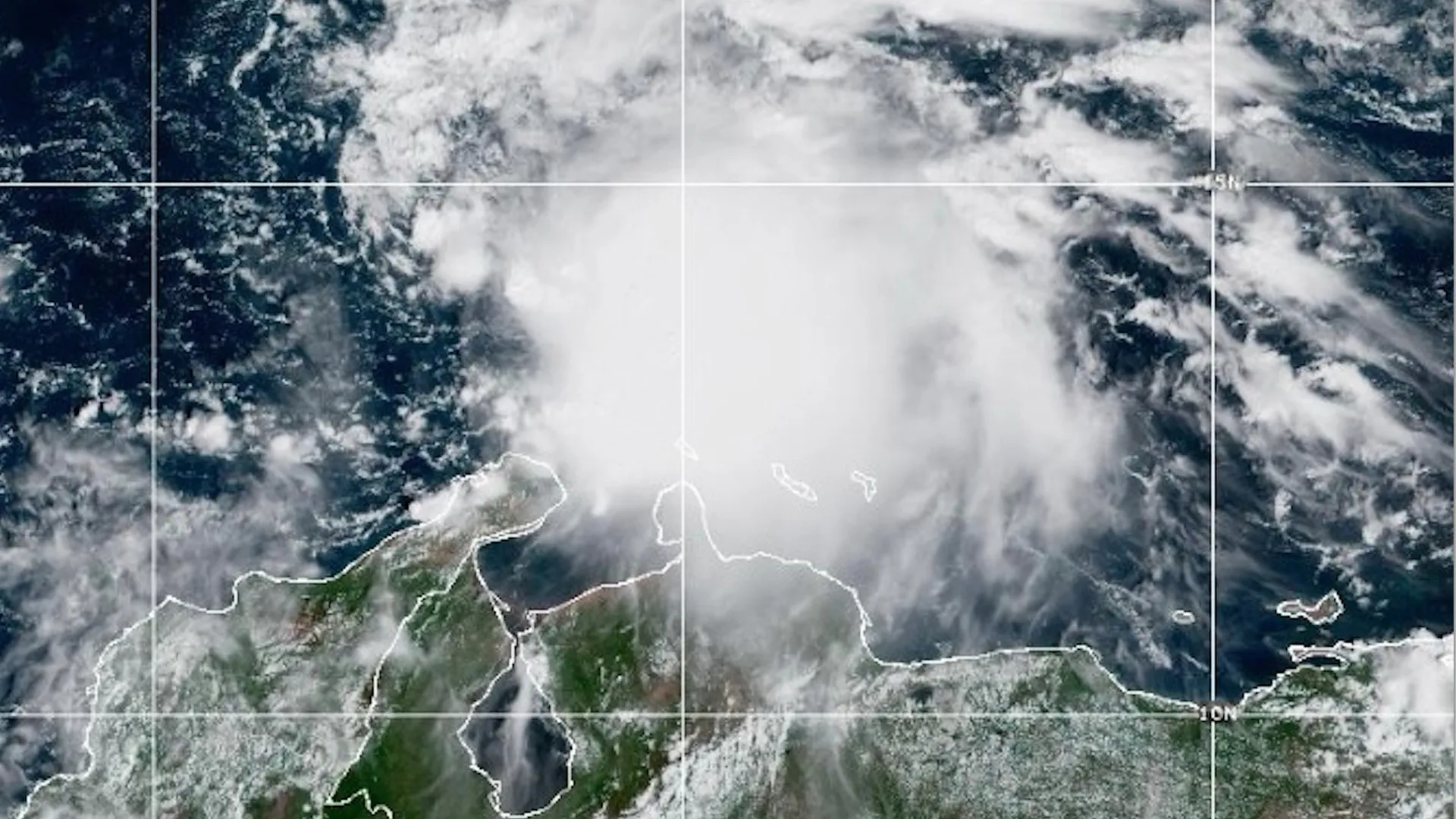Venezuela declares Trinidad and Tobago’s prime minister persona non grata | Conflict News
Tensions have grown between Venezuela and Trinidad and Tobago over support for US military action in the Caribbean.
Venezuela has declared Trinidad and Tobago’s prime minister a persona non grata, as the two countries continue to feud over United States military activity in the Caribbean Sea.
On Tuesday, Venezuela’s National Assembly voted in favour of the sanction against Prime Minister Kamla Persad-Bissessar, who has been sparring with Venezuelan President Nicolas Maduro. It designates her as unwelcome in the country and bars her from entering.
Recommended Stories
list of 3 itemsend of list
Asked a day earlier about the prospect, Persad-Bissessar told the news agency AFP: “Why would they think I would want to go to Venezuela?”
The two countries – separated by a small bay just 11km (7 miles) wide at its narrowest point – have been at loggerheads in recent weeks over the US military activity in the region.
Persad-Bissessar is one of the few Caribbean leaders to applaud the build-up of US military forces in the Caribbean as well as its bombing campaign against alleged drug-trafficking boats.
“I, along with most of the country, am happy that the US naval deployment is having success in their mission,” Persad-Bissessar said shortly after the first missile strike was announced on September 2.
“I have no sympathy for traffickers; the US military should kill them all, violently.”
But that stance has put her at odds with Maduro’s government. Just this week, Venezuelan Minister of Foreign Affairs Yvan Gil Pinto told the United Nations General Assembly that the US strikes were an “illegal and completely immoral military threat hanging over our heads”.
Legal experts have compared the bombing campaign with extrajudicial killings, citing likely violations of international law. At least 13 strikes have occurred so far against 14 maritime vessels, most of them small boats.
An estimated 57 people have been killed in the US attacks. Their identities are unknown, and no definitive evidence has been provided to the public so far to link them to drug trafficking.
Relations frayed over US strikes
Labelling Persad-Bissessar a persona non grata is just the latest chapter in the tit-for-tat between the two countries.
On Tuesday, AFP reported that Trinidad and Tobago was considering a “mass deportation” of undocumented migrants, most of whom are Venezuelans, from its territory.
According to a memorandum reviewed by the news agency, Trinidad and Tobago’s homeland security minister, Roger Alexander, ordered a halt to any planned releases of “illegal immigrants” in detention.
“Consideration is currently being given to the implementation of a mass deportation exercise,” the memo said.
That comes after Maduro ordered the “immediate suspension” of a major gas deal with Trinidad and Tobago on Monday, citing the island nation’s reception of a US warship.
The island is hosting one of several US warships deployed near Venezuelan waters by President Donald Trump. Venezuelan officials have accused the US president of seeking to overturn Maduro’s government.
In cancelling the gas deal, Maduro accused Persad-Bissessar of transforming the Caribbean nation “into an aircraft carrier of the American empire against Venezuela”.
The Pentagon has so far deployed seven warships, a submarine, drones and fighter jets to the Caribbean, as well as another warship to the Gulf of Mexico.
The rate of the US bombing campaign has increased in recent weeks, with six strikes announced over the last week alone.
Its scope has also broadened, with strikes taking place this month in the Eastern Pacific Ocean near Colombia, as well as the Caribbean waters off Venezuela’s shores.
Some observers believe the Trump administration is using the US military to pressure and destabilise Maduro, who was re-elected last year in what the US has dismissed as a fraudulent election.
Persad-Bissessar, however, has been steadfast in her support of the US campaign, saying she would rather see drug traffickers “blown to pieces” than have them contribute to deaths in her country.
